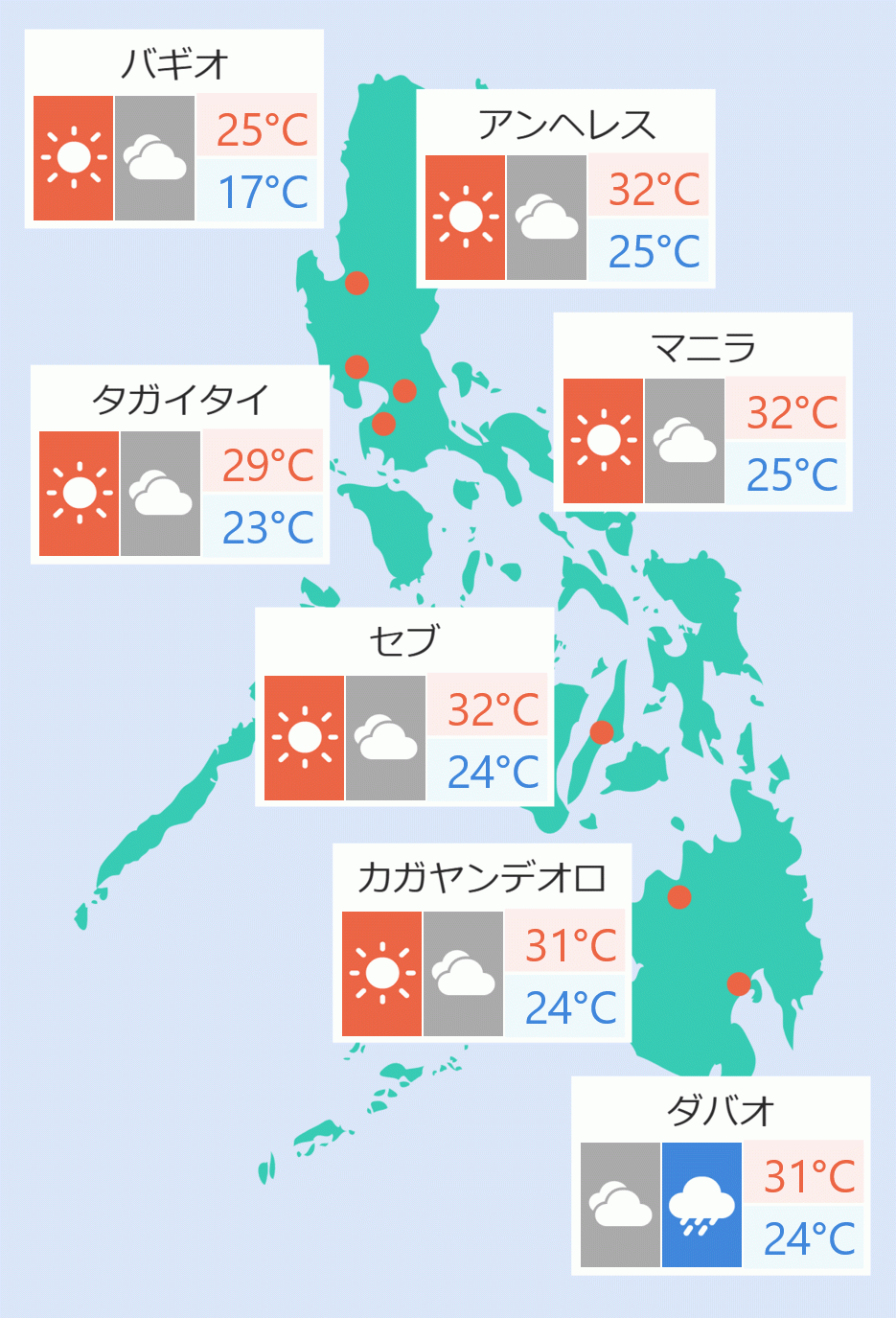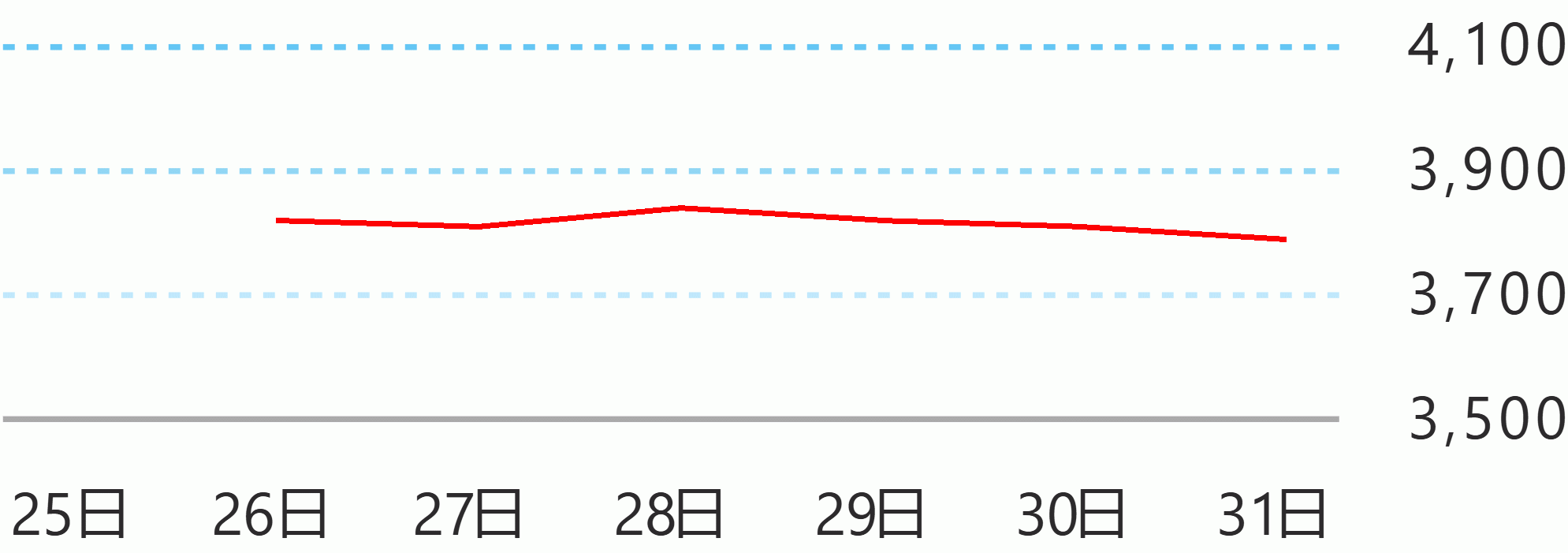Poverty incidence, or the proportion of poor Filipinos whose per capita income is not enough to meet their basic needs, declined to 22.14 percent in the first half of the year from 23.7 percent in 2021, the Philippine Statistics Authority (PSA) reported Friday.
Among families, poverty incidence fell to 16.4 percent in the first semester of 2023 compared to 18 percent in the first semester of 2021.
Poverty incidence decreased in 15 out of the 17 regions from 2021 to 2023, declining significantly in the National Capital Region (NCR), Cordillera Administrative Region, Cagayan Valley, Central Luzon, and Caraga.
The PSA said the poverty incidence in the Bangsamoro Autonomous Region of Muslim Mindanao (BARMM) is still the highest in the country. The Davao Region suffered a significant increase in poverty incidence due to its vulnerability to natural calamities such as floods and earthquakes.
According to the PSA, a family of five needs to earn at least P13,797 per month to afford their minimum basic needs in the first semester of 2023.
National Economic and Development Authority (NEDA) Secretary Arsenio Balisacan said the government’s decision to open up the economy and lift COVID-19 restrictions helped the country recover from the effects of the pandemic.
“The decision to fully open the economy and lift all COVID-19 restrictions in the country starting in 2022 has allowed us to recover from the unprecedented, combined impact of the pandemic and the government's policy responses to the crisis,” Balisacan said.
But, Balisacan said the high inflation in the first semester ''partially offset the positive effect of income growth.'' He cited that per capita income in the poorest 10 percent of the population rose by 21.4 percent, including the second and third deciles at 19.4 percent and 18.3 percent, respectively.
The government was able to tame inflation, which reached a high of 8.7 percent in January to a 20-month low of 4.1 percent in November, through fuel subsidies, one-time rice allowance, free transport program and targeted cash transfer program.
Balisacan said the Marcos administration is committed to reduce poverty to a single-digit level by creating high-quality jobs, ensuring macroeconomic fundamentals are sound, and continuously improving policies for better trade and investments. Jaspearl Tan/DMS




 English
English











